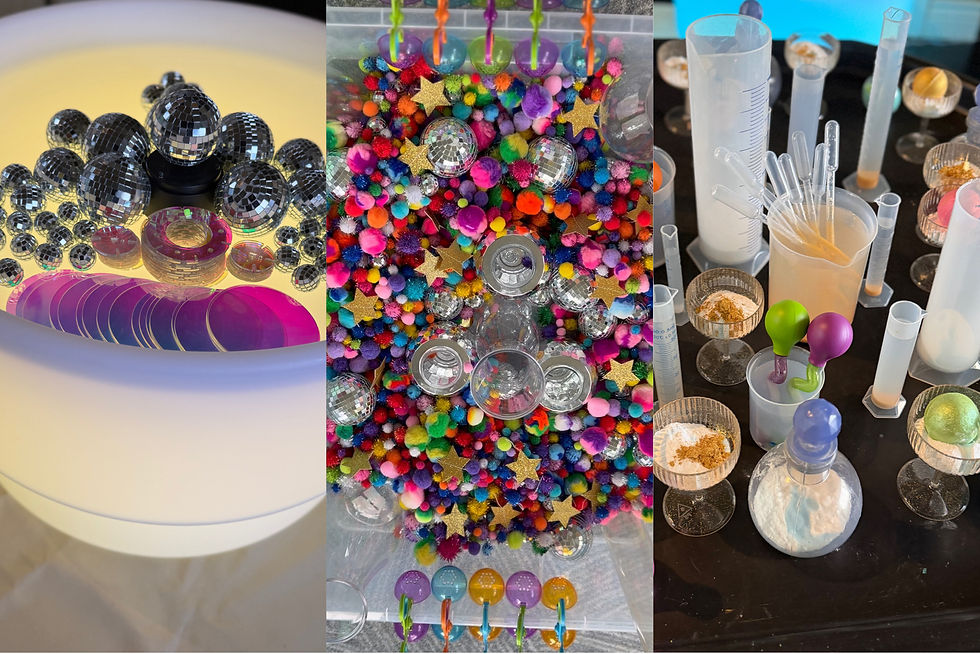5 Tips for the First Day of Preschool
- Yasmeen Kamrani Sallam

- Aug 4, 2021
- 3 min read
With the new school year approaching, how to help parents and children have the smoothest transition possible for the start of the school year can be overwhelming with so much information out there.

Every child and family unit is unique and even though we keep that in mind, the reality of any group settings is that it takes time. Some children take one day, a week, a month, or more to adjust. As community whether your are teacher or parent our main goal is to provide a safe and loving environment that child can thrive in. As a community we must work together to be the village to help raise the child.

The biggest tool I can suggest is preparing the child by exposing them to as much language, literacy, and role play as much as possible to establish a foundation of understanding. As with anything in young children, the more exposure a child receives the more a child is able to retain and process any sort of information or new experience. Therefore reading books, communicating at any opportunity (car rides, meal times, play), and acting out through role play what school is going to be like are great opportunities to connect and establish with your child about this new transition.
Here are some basic tips of getting your child prepared for preschool:
1. Schedule a couple of visits at the center in the AM and PM times so your child can see how the school operates before hand. Think of them of them as play dates to help acclimate the child.
2. If the center allows you to take pictures, snap a couple of shots and turn it into a book or photo album to read or within reach for them to open and look at. Pictures of the front of the school, their classroom, friends, outdoor space, and a family picture so they can grasp the environment and become even more familiar with the setting. You can even organize the photos in the book to show the routine of entering the school, playing, snack time, outside time, lunch, nap, story time, outdoor play, and when they get picked up by their family. Children thrive on routine and consistency. The more they can foresee and predict what happens next the easier it is for them to process and transition during this time.
3. Buy the supplies you need before hand: Nap Mat, Lunchbox, Water bottle, Backpack, Masks, Hat, Shoes, and anything else that is required by the center. If your child is old enough, go shopping with them and let them pick out what they want. This empowers them to feel like they are a part of the process. Let your child role play school and explore the materials as much as possible so they feel ownership and a sense of pride that these are my special items just for school.

3. Read books! Books are a uniquely portable magic that helps children understand the world around them. The more they are provided with the language and content that deepens their connection to what they experience the stronger the foundation is established for them. Here are a couple favorites: Maisy Goes to Preschool, Preschool, Here I Come!, The Night Before Preschool, Rosie Goes to Preschool, School's First Day of School, The Pigeon Has to Go to School!, Daniel Goes to School!, Bye Bye Time! , and A Letter From Your Teacher on the First Day of School.

5. Talk as much as you can at any opportunity! The more language and communication that a child is provided no matter the age, it will be within the child. Whether it is driving, eating a meal together, reading a story, or when you are playing, talking about all the range of emotions they are experiencing, what school is going to be like, how happy parents are for them to make new friends, will provide a sense of security.

While I could write so many other tips here are more resources that I believe are amazing:





























Comments